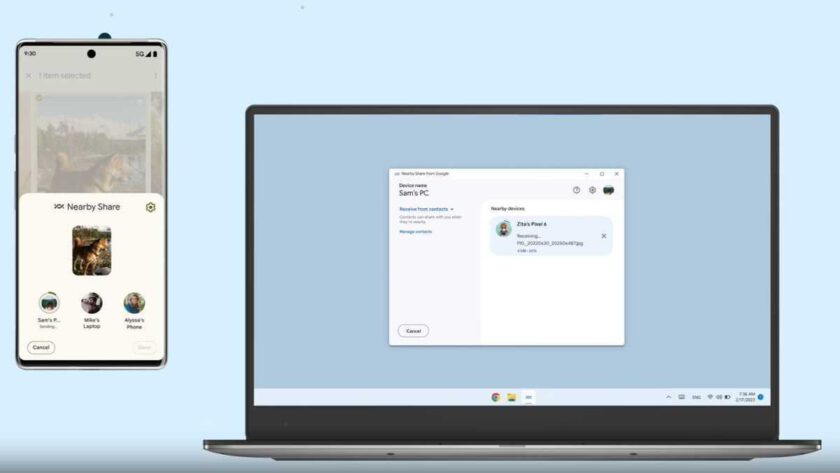According to the recently released Facebook Transparency Report for the six months from January to June 2018, demands by African governments for information on Facebook users remain low compared to other countries,
Globally over the six-month period there were 103 815 requests and in 74% of those requests Facebook produced some data. This was a 26.1% increase when compared to the last six months of 2017, when there were 82 341 requests. It is also an increase of 31.6% from the first half of last year, when there were 78 890 requests.
“Government officials sometimes make requests for data about people who use Facebook as part of official investigations. The vast majority of these requests relate to criminal cases, such as robberies or kidnappings,” Facebook explains in the report.
“In many of these cases, these government requests seek basic subscriber information, such as name, registration date and length of service. Other requests may also seek IP address logs or account content. We have strict guidelines in place to deal with all government data requests.”
The report shows the total number or requests, and splits this into legal process requests and emergency requests. It also shows the number of users or accounts that were requested, which is usually higher than the total request number, as some requests would be for the information of more than one user or account.
“Facebook responds to government requests for data in accordance with applicable law and our terms of service. Each and every request we receive is carefully reviewed for legal sufficiency and we may reject or require greater specificity on requests that appear overly broad or vague,” the report adds.
The US had by far the most government requests for user information at almost 42 500 in the half year, with over 70 500 accounts requested. Second highest was India with almost 16 000 requests over the six months, pertaining to 23 000 users. The UK had the third most requests, followed by Germany and France.




